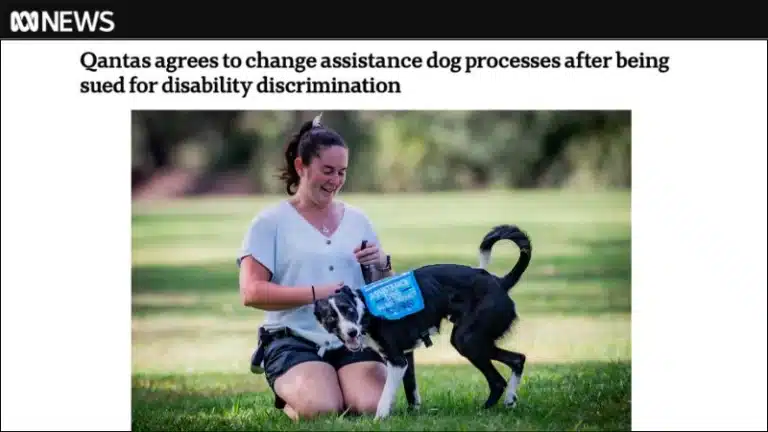This discussion paper looks at the interrelationship between mental illness, homelessness and criminal offending, and considers alternative strategies in responding to the needs of homeless people with mental illness who disproportionately have contact with the criminal justice system. This discussion paper has detailed some of the Australian and international examples of justice reinvestment and problem-solving justice initiatives that have had significant positive effects on the communities in which they have been implemented. The examples illustrate the cost-benefit advantages of pursuing justice reinvestment and problem solving justice strategies, in place of more stringent, correctional service-based strategies in responding criminal offending in marginalised and disadvantaged groups.


